Nestled within the lush rainforests of the Amazon basin, the Cupuaçu tree (Theobroma grandiflorum) stands as an unassuming yet remarkable treasure of the Amazonian ecosystem. Revered by indigenous communities for generations, this majestic tree has recently gained international attention for its versatile fruit and a host of nutritional benefits.
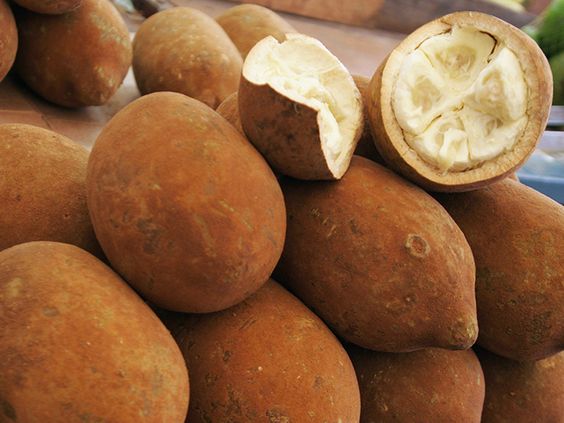
The Cupuaçu tree is native to the Amazon rainforest and thrives in the humid, tropical climate of South America. Its evergreen canopy reaches heights of up to 15 meters, providing a vital habitat for diverse flora and fauna. The tree’s large, heart-shaped fruits, resembling oversized cacao pods, are a source of fascination for botanists and explorers alike.
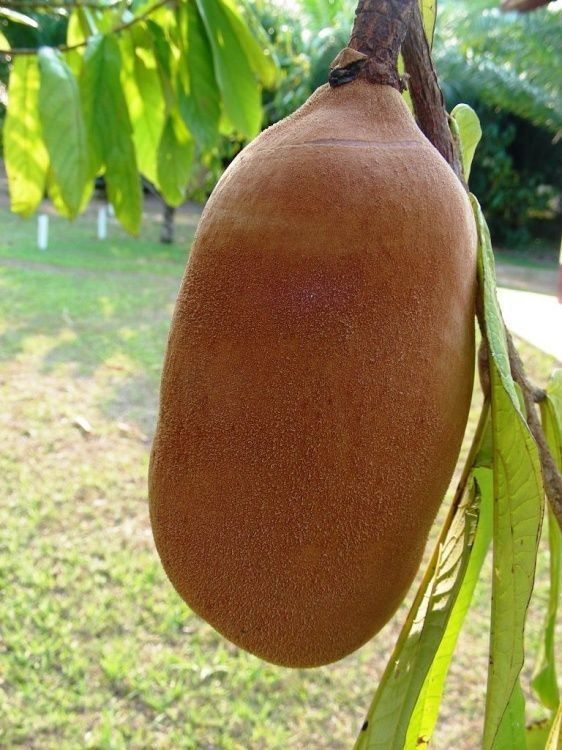
Exquisite Flavor and Culinary Applications: The creamy, white pulp of the Cupuaçu fruit is a culinary delight, reminiscent of a unique blend of pineapple, banana, and chocolate. The sweet and tangy flavor lends itself to a myriad of culinary creations, from refreshing juices and smoothies to creamy desserts and exotic chocolates. Locals often incorporate Cupuaçu pulp into traditional recipes, enriching the culinary heritage of the Amazonian communities.
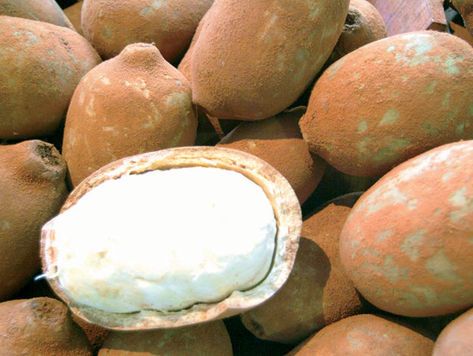
Nutritional and Health Benefits: Beyond its delightful taste, Cupuaçu is also praised for its array of health benefits. Rich in vitamins, minerals, and antioxidants, the fruit supports overall well-being. It is believed to promote healthy digestion, boost the immune system, and aid in maintaining cardiovascular health. Furthermore, Cupuaçu is a natural source of theobromine and caffeine, which can offer a gentle energy boost without the jitters associated with other stimulants.
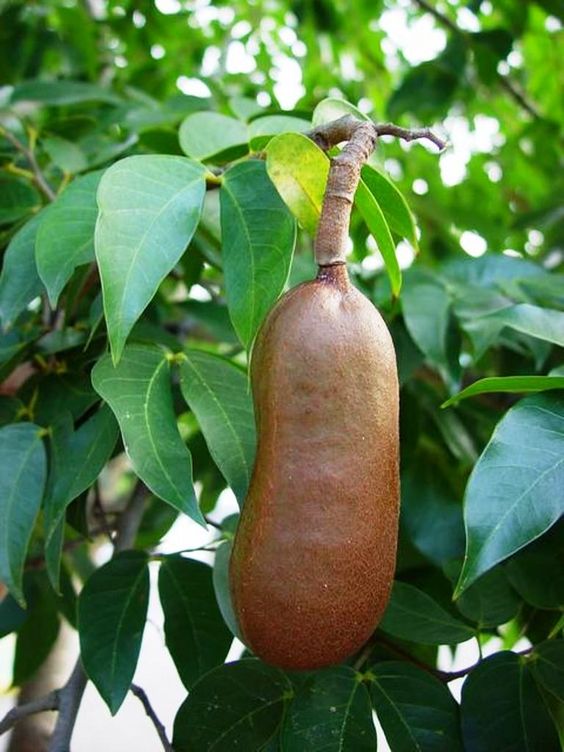
Sustainable Alternative to Cocoa: Cupuaçu’s seeds, or beans, are a sustainable and ethical alternative to cocoa beans. They are used to produce Cupuaçu butter, which serves as a plant-based ingredient in cosmetics and skincare products. With its emollient properties and the ability to retain moisture, Cupuaçu butter is a coveted component in high-end beauty formulations.
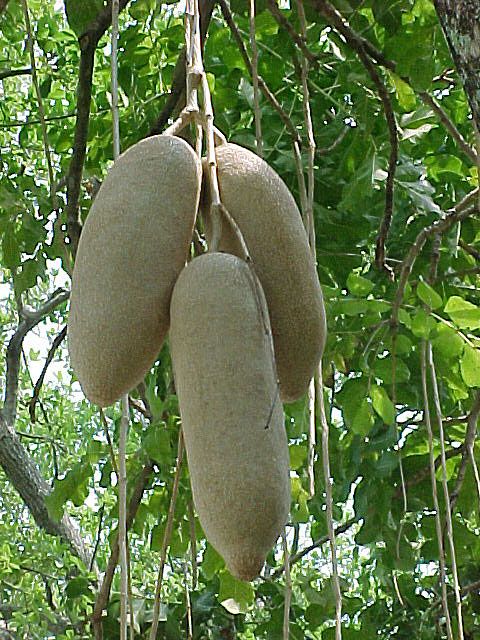
Cultural and Ethical Significance: The Cupuaçu tree holds significant cultural importance for indigenous communities living in the Amazon rainforest. The fruit and its tree have been used in traditional rituals and ceremonies, signifying fertility, abundance, and a connection to the land. Sustainable harvesting practices, which respect the natural life cycle of the tree and the ecosystem, have been a longstanding practice of these communities.
The increasing global demand for Cupuaçu and its derivatives has raised concerns about sustainable harvesting practices and conservation efforts. To ensure the preservation of this vital species and its ecological habitat, responsible sourcing and cultivation practices are essential. Sustainable farming and agroforestry techniques are being developed to strike a balance between meeting international demand and safeguarding the delicate balance of the Amazon rainforest.





